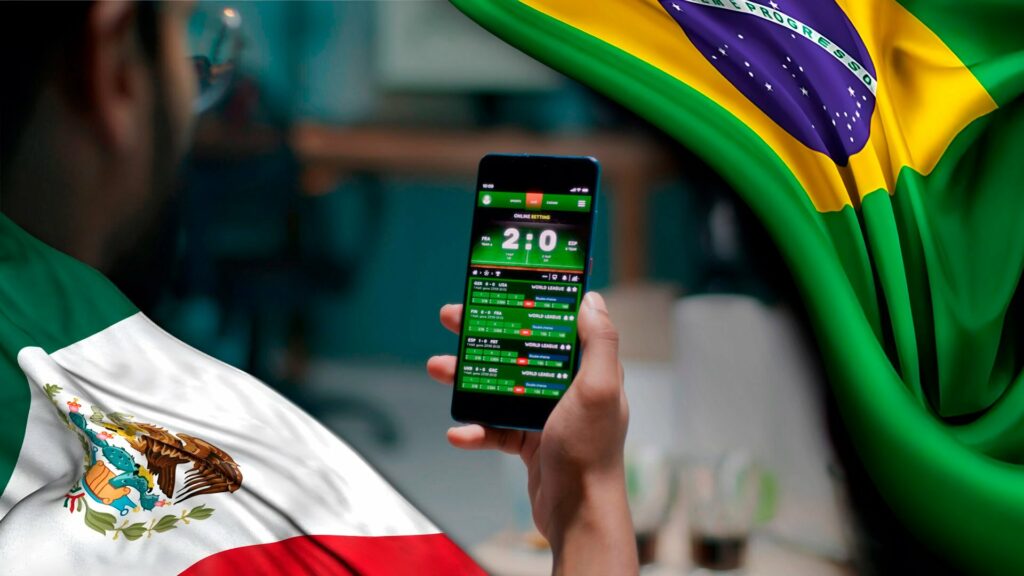Brazil has been in the spotlight of the world gambling industry, due to the potential of its market and specifically with the enactment of the Provisional Measure (MP) that seeks to regulate sports betting.
But, in addition, the so-called “sleeping giant” has become an example to watch in the region and the world. One case to take into account is Mexico, which has a particular approach to the industry. The Mexican newspaper El Economista published a report on the coincidences and differences between the models of both countries.
According to the report, in Brazil more than $2 billion is spent annually in online casinos and sportsbooks, considering that only one out of every three Brazilian players does it through legal channels, hence the importance of gambling regulation for the Brazilian authorities. Mexico is a different scenario, where statistics show that only 5% of the population gambles once a year.
Brazil’s journey to reach the enactment of the MP recently was long, starting in 2018 with approval of the activity that proved highly difficult to implement and comply with. The change of government and the need for funding led the new authorities to reevaluate the possibility of regulating a market with so much revenue potential.
Mexico, on the other hand, is at a key moment to expand its gaming market, but first, it must solve the complexities of its legislation. The fact that the Federal Gaming and Sweepstakes Law, in force since 1947, has not been updated, despite repeated requests for a regulation that adapts to the new times, contributes to the fact that more than 60% of online gambling is carried out illegally in the country.
The growth of digital media in Brazil was also a key fact in the development of this market. The country has an Internet penetration rate of 81%, with a population of more than 215 million. For its part, Mexico, with more investment in online platforms and mobile services, can take advantage of its population that is already accustomed to technology.
Brazil provides a great lesson about the importance of a regulatory framework that guarantees responsible gaming practices, consumer protection, and overall market sustainability.
